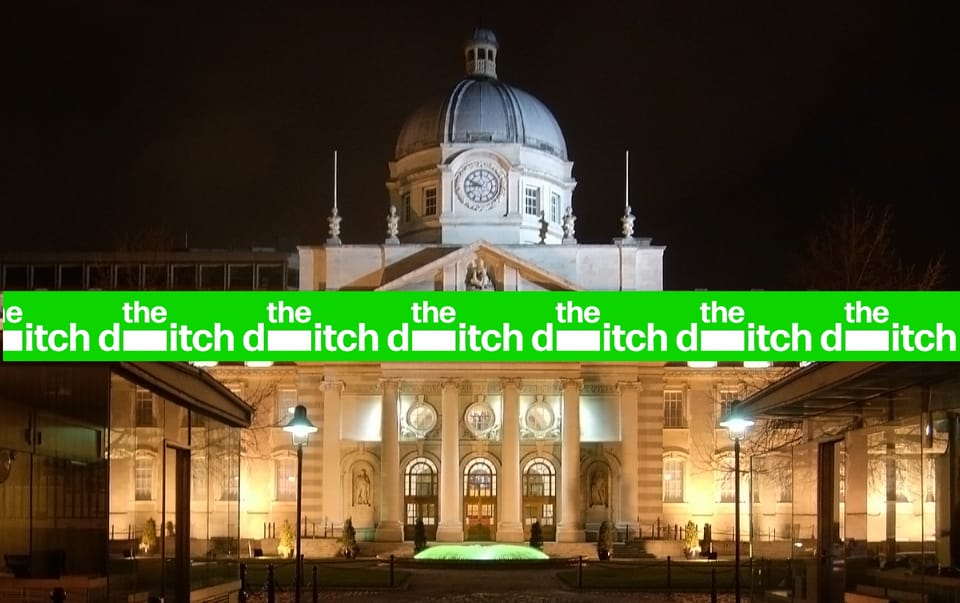A lobbying group dedicated to “standing up for Israel” wrote to government last year requesting the Irish state adopt a controversial definition of antisemitism – and the Department of Justice assured the lobbyists that Ireland’s hate speech legislation would address some of their concerns.
In a letter to then taoiseach Leo Varadkar the European Jewish Association asked Ireland to adopt the International Holocaust Remembrance Alliance (IHRA) definition of antisemitism – since included in the current programme for government.
More than 100 Israeli and international human rights organisations – including B’Tselem, Human Rights Watch, Amnesty International and the American Civil Liberties Union – oppose the definition’s adoption on freedom of expression grounds. The IHRA considers "claiming that the existence of a state of Israel is a racist endeavour" is antisemitic.
The association called for a “central database on antisemitic incidents”, legislation that “forbids funding for, or support for organisations that actively promote and call for boycott of the entirety of Israel”, and the adoption of the IHRA definition of antisemitism.
The Ten Commandments
On 20 February, 2024, the Forum of European Leaders for Combatting Antisemitism, part of the European Jewish Association, wrote to the Department of an Taoiseach.
Its correspondence outlining what the EJA called the 10 commandments for fighting antisemitism.
The group says it works closely with “the Mission of Israel to the EU, standing up for Israel, promoting the world’s only Jewish state and creating political initiatives that run against Boycott Divestment and Sanctions (BDS).”
The group demanded a "zero tolerance" policing policy, adoption of the IHRA antisemitism definition, and legislation to cut funding to any organisation supporting boycotts of Israel.
“We have agreed to a blueprint that represents a breakwater against this tide of antisemitism. It will not eradicate it, but if adopted by governments across Europe, it will mitigate against it, allowing space to fight it meaningfully,” the group wrote.
The EJA concluded its letter by offering to "work with you on best ways of implementing the points mentioned above" and it requested a meeting in Dublin or Brussels. Leo Varadkar's office forwarded the letter to the office of then minister for justice Helen McEntee.
On 31 May, 2024, McEntee’s office replied. It told them the Criminal Justice (Incitement to Violence or Hatred and Hate Offences) Bill 2022 would address many of the issues they raised.
“The Department of Justice consulted with the European Commission to ensure any grounds for racist or antisemitic hate speech or hate crime would be criminalised through the new law,” McEntee’s private secretary wrote. The bill was passed into law in October 2024 after a number of amendments around provisions on hate speech.
“In tandem with development of this new legislation, An Garda Síochána (the Irish police force) has been intensifying its efforts to combat racism and antisemitism through training of Garda diversity officers, improved recording of hate-related incidents, and active engagement with minority groups,” the reply concluded.
Government has since formally adopted the IHRA definition of antisemitism.
In January 2025 tánaiste Micheál Martin announced Ireland's endorsement of the IHRA's "non-legally binding working definition of antisemitism," saying it would help combat "the current trend of a global rise in antisemitism."
The Department of an Taoiseach and the Department of Justice have been contacted for comment.


